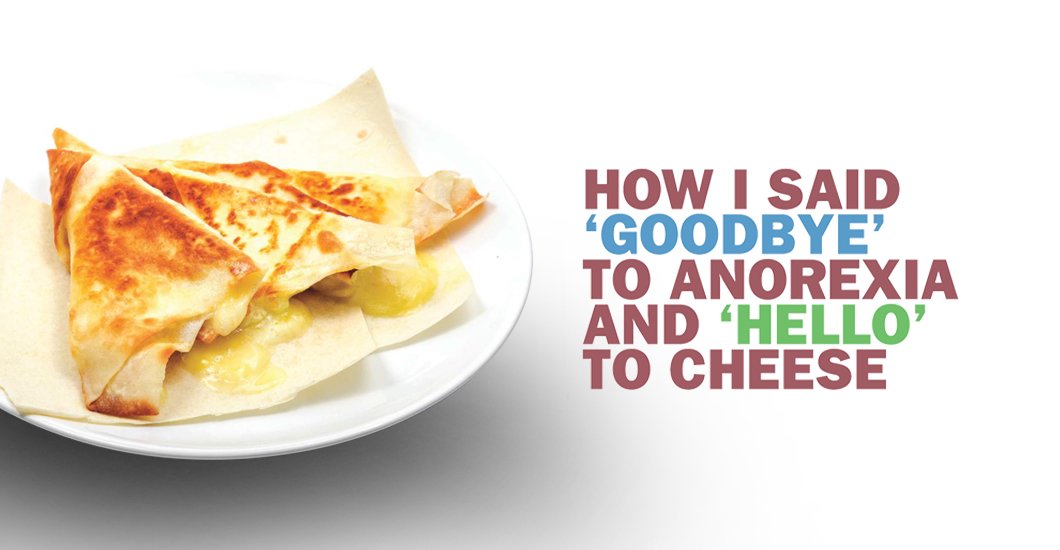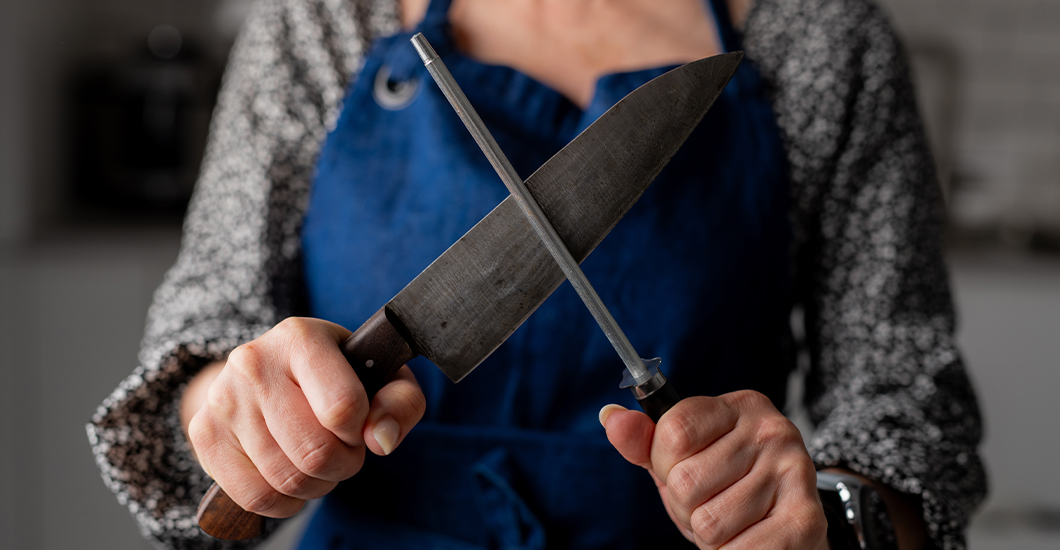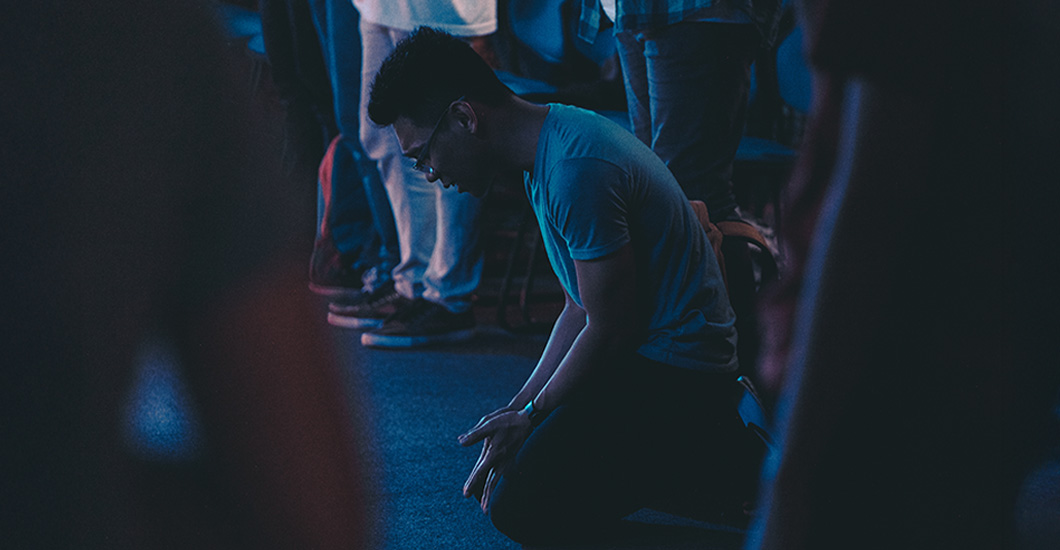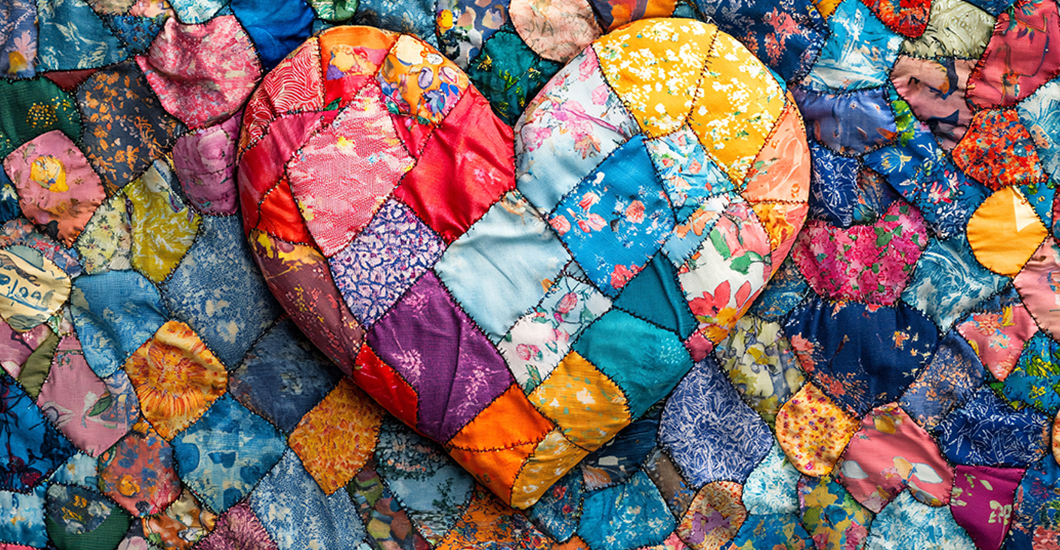Trending Articles
How I Said ‘Goodbye’ to Anorexia and ‘Hello’ to Cheese
I was all set to write a fun, breezy little article about one of my favorite things in the universe—wine—when the Great Hive Mind informed me it was National Eating Disorders Awareness Week (in February). Thanks, Facebook. Now I feel guilty writing about wine. Because I do not do things I feel guilty about—or, at least, I try not to do them—the wine article is on hold. Instead, I am going to share a few thoughts about how I walked away from anorexia for good fourteen years ago.
For those of you not familiar with the disease, the prognosis for those battling eating disorders is not exactly rosy. While most people who struggle with anorexia get somewhat better, few get all better. The majority spend their lives waffling on the edge of a relapse. Many fall right off that edge. But me? You could not drag me back to that edge with a thousand horses. I like cheese too much. And bacon.
I also like myself too much. And my friends and family and every other person on the planet who does not deserve to deal with the horror that is Emily when she is not eating. In my case, Christian charity pretty much forbids a relapse.
That is not to say I am not a normal woman living in the 21st century. Air-brushed babes can totally get me down. Skinny jeans cannot go away fast enough. But, regardless of how I occasionally feel about my body, I am not going to starve myself in pursuit of some unrealistic ideal. At nearly forty, I do not have the time, energy or inclination to stop feeding myself. Life is too full to spend one minute of it going down that rabbit hole.
So, what made my recovery possible? Lots of things, from my desire to be a mother (although that has not quite worked out) to an increasingly full and fun life. Five things, however, stand out above the rest
I ACCEPTED THAT I WAS NOT PERFECT
Much of my struggle with anorexia was rooted in my frustration with myself. I was frustrated with my faults, frustrated with my weaknesses, frustrated that I did not look, think or act the way I wanted to look, think and act. I was curvy, not lithe; smart, not sexy; way, way too sensitive and full up with opinions that spilled forth from my lips with a life all their own.
Some of that frustration was wrongheaded (Note: There is nothing wrong with being curvy and smart). But not all of it was off the mark. I did speak my opinions too freely and with insufficient
charity. I was too sensitive and self-centered. My temper was not one of my greater virtues. In short, I was not perfect. Shocker, right? But that bothered me in all the wrong ways when I was nineteen. I could not stand my imperfections and I wanted them gone immediately. Yet, try as I might I could not keep those opinions from popping out of my mouth.
I could, however, keep from popping things into my mouth. By not eating, I could punish myself for not being perfect. I also hoped that maybe people would not mind the opinions so much if they were coming out of a size two body. Believe it or not, that did not work out so well. If Emily eating had one hundred opinions she needed to keep to herself, Emily not eating had one thousand!
As the years passed, I grew in wisdom and maturity. I learned more about original sin and concupiscence. I realized that nobody was perfect, that everyone falls short, and I stopped expecting more of myself than other mere mortals. That is not to say I bought into the “You’re Okay Just the Way You Are” nonsense that my (not even remotely helpful) counselor spouted. I was not (and am not) “okay.” I am a sinner, not a saint. I have work to do. I just recognized that I am an ordinary member of the human race and the work I have to do cannot be done overnight. I need time. I need grace. So do we all. And that is “okay.”
I MADE NEW FRIENDS
I had wonderful friends in college. I loved them dearly. But, with precious few exceptions, they struggled with food just like I did. At my university, eating disorders and disordered eating ran rampant. After I graduated and my social circle expanded, I started meeting women who would not touch rice cakes if you paid them. I will never forget the moment I saw my roommate Jessica eat four cookies and not express a word of guilt. It was a revelation. That is why when people ask me how they can help a loved one struggling with anorexia, my first answer is: have a healthy attitude toward food yourself.
That is really it. Do not complain about your weight. Do not go on crazy diets. Do not beat yourself up over eating cheesecake. Just make wise choices about what you put in your body, enjoy the heck out of good food and embrace the size you are supposed to be, not the size the media tells you to be. Trust me, it really does help them.
I ATE CHEESE
Seriously.
For years, my breakfast consisted of a small Lender’s Bagel topped with one piece of melted fat-free cheese. Yes, I shudder to think of it now. But eat it and little else long enough and you will also start to think fat-free cheese is Kraft’s answer to triple cream Brie.
Shortly after my twenty-fifth birthday I went to Wales to visit a friend. There, her blessed mother fed us cheese—real, honest-to goodness Stilton cheese. It was creamy. It was rich. It was glorious! I realized almost instantly what an idiot I had been. There was this wonderful, delicious world of cheese out there and I was eating Rubber!
At that point, I began wondering what else I had been missing. So, I started testing the waters, sampling a hamburger here, a piece of carrot cake there. And it was good. It was so good. The more my taste buds remembered what good food tasted like, the less I cared about being a size two. My priorities changed and I was all the happier for it.
I DEVELOPED A SACRAMENTAL WORLDVIEW
This was a big one. Bigger than cheese even. You see, behind every eating disorder is a wrong vision of the world. The anorexic looks at the body and does not see a precious, beautiful gift. She does not see the living image of God. Instead, she sees a hunk of matter, a piece of flesh whose worth is determined by its size and that needs to be controlled, punished or both.
The same goes for food. Anorexics do not look at food and think, “There’s a sign of God’s love for me, a perpetual symbol of the total self-gift He is from all eternity and the gift He becomes at every Mass in the Eucharist.” No, the anorexic looks at food and sees a problem. She sees the enemy. She sees something that has to be controlled before it controls her. In the presence of food, she feels fear, loathing, revulsion. Not gratitude. Not amazement. Not Wonder.
Sometimes, anorexics do not eat because they do not believe they deserve to eat. Sometimes, anorexics do not eat because their life is in chaos and food feels like the one thing they can control. Sometimes, anorexics do not eat because they want to make themselves disappear. Sometimes, it is all three.
But always, always, always, it is because they do not see creation rightly. They do not see themselves rightly. They do not see food rightly. They do not see a world where everything—food and the body included—are occasions for grace, natural sacramentals that proclaim the glory of God and invite us to love Him more. Because anorexics do not see creation rightly, because they do not see reality rightly, they cannot act in accord with it. They cannot act sanely. The truth is, most of the world is crazy right now. Few people see reality rightly. It is just that some people’s crazy manifests in an inability to feed themselves.
For me, the real turning point in my recovery was realizing that my body, not just my soul, imaged God. I finally saw it as the gift that it was, a gift that made so much possible. And when I saw that, I stopped wanting to punish it and control it. Instead, I started wanting to care for it.
The same goes for food. When I realized that the most intimate communion I had with God was that I ate Him—when I realized that the almighty, all-powerful, all-knowing God of the universe became food for me in the Eucharist—I stopped abusing food. I stopped seeing it as the enemy and started seeing it as a perpetual sign of God’s love for me. And I was not about to say no to that love. I needed it too much.
GRACE
My recovery from anorexia was, in many ways, a logical one. That is how I tend to operate. As long as I am drinking coffee, I am a woman whose thoughts, more than her emotions, guide her actions. Now, when I am not drinking coffee, all bets are off, but most of the time, with me, “See the good” means “Do the good.”
I saw the good of my body, I saw the good of food, I saw the good of cheese and I started acting in accord with those goods. When I figured out that starving myself was a fantastically awful way of controlling my world and that I was abusing two of the greatest gifts God had given me, I did an about-face right quick. But my ability to do so was a grace. My whole recovery was a grace. It was a gift from God that I can never repay. And no, I do not know why I got that gift and not the gift of being able to keep my opinions to myself. God has His reasons, I suppose. All I did was show up. I did, however, show up. As soon as I realized what the Eucharist was, I got my rear end over to the nearest Catholic Church each and every day. I prayed in front of the Blessed Sacrament. I received the Blessed Sacrament. I read about the Blessed Sacrament. I did my bit, placing myself before Christ again and again, expecting He would take care of all the lingering bits of my struggle as I sat in His presence.
And He did. He showed me what the books could not and healed what logic did not. He did a great work in me. And He wants to do the same for each and every man or woman still living in the mental prison of an eating disorder.
God always wants more for us than we want for ourselves. He wants wholeness. He wants joy. He wants us to be His children, feasting for all eternity at the marriage supper of the Lamb. And again, all we have to do is show up.
Emily Stimpson is a freelance Catholic writer based in Steubenville, Ohio. Her books include “These Beautiful Bones: An Everyday Theology of the Body (Emmaus Road), “The Catholic Girl’s Guide for the Single Years (Emmaus Road), and her latest, co-authored with Brian Birch, “The American Catholic Almanac: A Daily Reader of Patriots, Rogues, and Ordinary People Who Changed the United States (Image). Stimpson is contributing editor to “Our Sunday Visitor” and a blogger for CatholicVote.org. Article originally appeared in The Catholic Table (www. TheCatholicTable.com). Reprinted with permission.
Latest Articles
Want to be in the loop?
Get the latest updates from Tidings!








